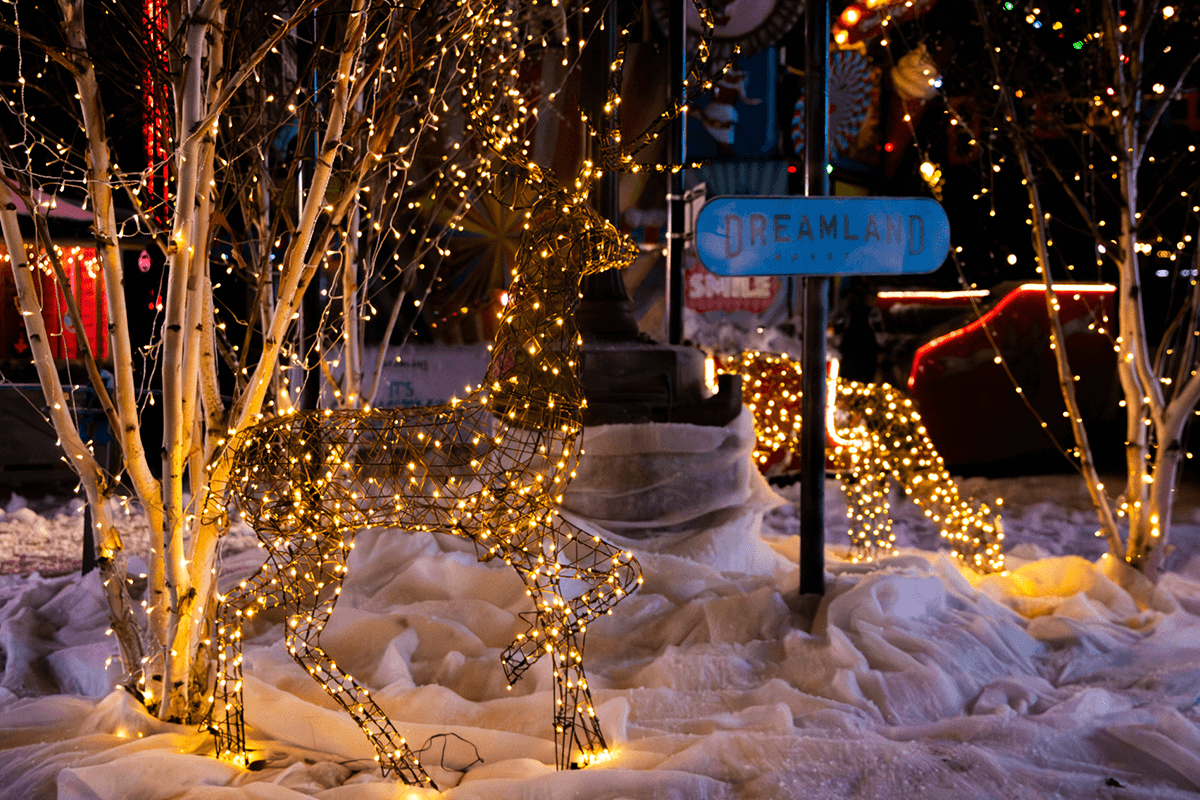Boris Johnson cheers veterans of Britain's Nuclear Test Programme on his last day in office
15:00, 06 September 2022
updated: 15:02, 06 September 2022
Boris Johnson was not everybody's favourite Prime Minister, but his popularity with British ex-servicemen in Kent has risen following one of his last acts as PM.
Yesterday, in his last full day in office, Mr Johnson issued an open letter to the veterans of British Nuclear Test Programme from the 1950s and '60s.
The veterans, many of whom suffered horrendous health issues as a result of their exposure to radiation during the tests, have been campaigning for years to receive proper recognition and compensation from the Government for their sacrifices.
Yesterday, Mr Johnson wrote: "For decades our country has lived in peace and security under the protective shield of our independent nuclear deterrent. But we should always remember that we only possess this vital insurance because of your achievements in a crucial period of our post-war history.
"You forged and perfected our country's protective shield and then made certain that it worked.
"You can feel pride in knowing our prosperity and security derives in good measure from your efforts and sacrifices all those years ago."
Mr Johnson went on to say that to "ensure your sacrifice is never forgotten" he was commissioning an oral history project and had arranged for a commemoration event later this year to mark the 70th anniversary of the first British Test (in Western Australia in October, 1952.).
He also promised: "The Government will provide funds for other schemes to remember your contribution to national security and offer support as necessary."
On the issue of a special medal for nuclear test veterans, which had been repeatedly refused by successive Governments, he said: "I have asked that we look again at the case for medallic recognition, because in my firm belief you all deserve such an honour, and this process is now in train."
Mr Johnson concluded: "On behalf of all those millions who have spent their lives under the formidable shield which you helped to build, let me offer my profound thanks in keeping us safe."
Britain is the only Allied country whose servicemen took part in nuclear testing which hasn't issued its personnel with a medal.
His words were welcomed by Terry Quinlan, 83, from Leybourne.
Mr Quinlan was among thousands of young National Servicemen, stationed at Christmas Island in 1957, who witnessed an atomic bomb exploding on a tiny atoll just 23 miles away.
Mr Quinlan was knocked over by the blast and received a shrapnel injury.
Just two weeks later he was in sickbay suffering from the effects of radiation sickness.
He went on to experience another four nuclear explosions.
He has struggled with various cancers most of his life, although he considers himself one of the lucky ones, saying: "Most of my colleagues died young, far before their time."
Mr Quinlan was delighted with Mr Johnson's remarks.
He said: "It was very 11th hour, but at last he has given us the recognition we sought."
He said that Mr Johnson had met veterans early in the year and seemed sympathetic to the cause, but they feared that the leadership contest, the war in Ukraine and the energy crises, had pushed their appeal off the political agenda.
He was delighted with Mr Johnson's surprise last move. He said: "He has kept his promise to us.
"He said our medal is in train, and there is now such political support for it, I'm sure that it will now happen."
Latest news
Features
Most popular
- 1
‘Plumbers charged my elderly relatives £8,560 but settled on £765 when challenged’
22 - 2
Video captures panic as fireworks display goes wrong and ‘boy’s face burnt’
11 - 3
Family-run garage closes for final time after 92 years of trade
4 - 4
Kent pub 'surrounded by sheep' named one of UK's best to visit in autumn
3 - 5
‘I’d much rather have a full restaurant than Michelin stars’
4









